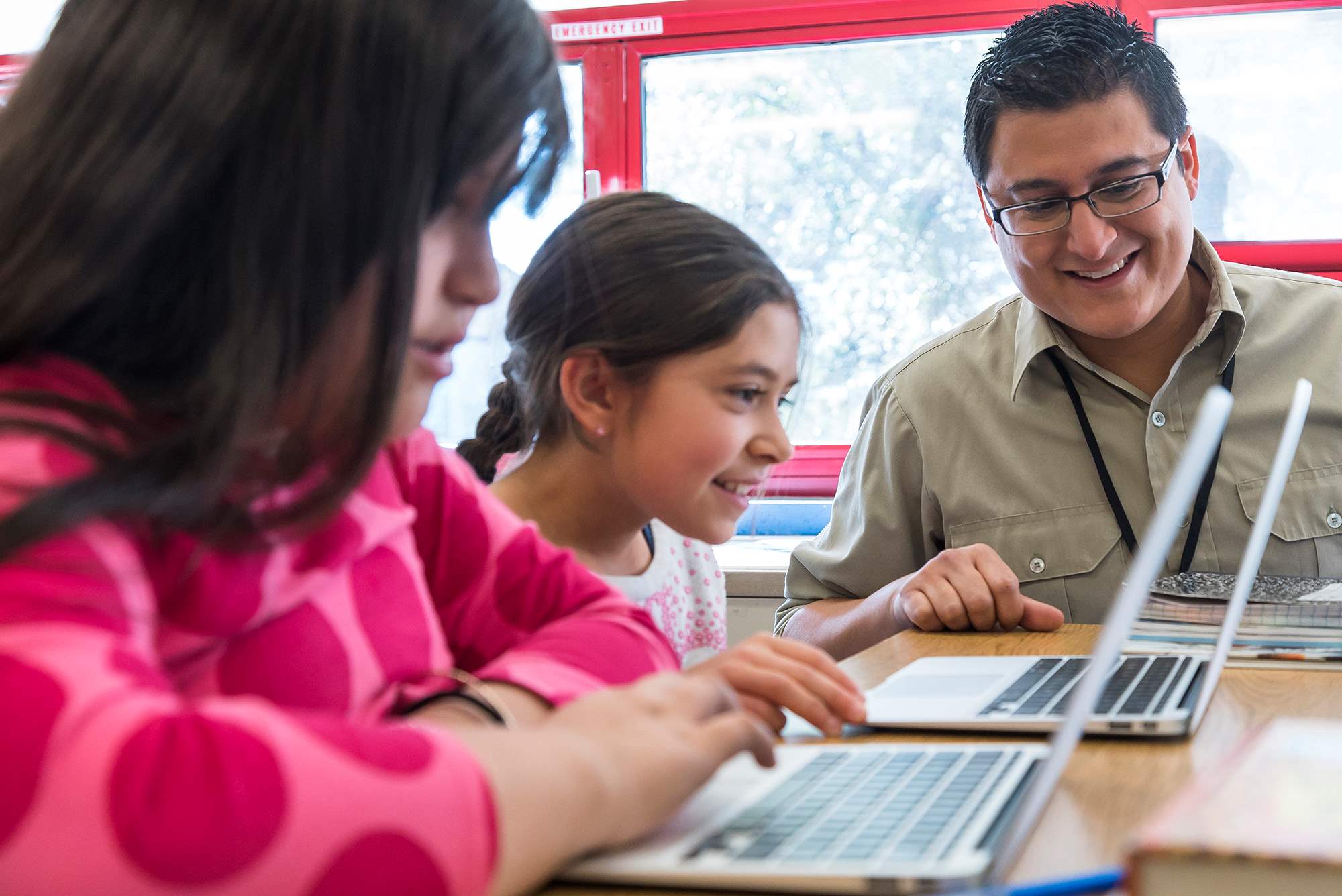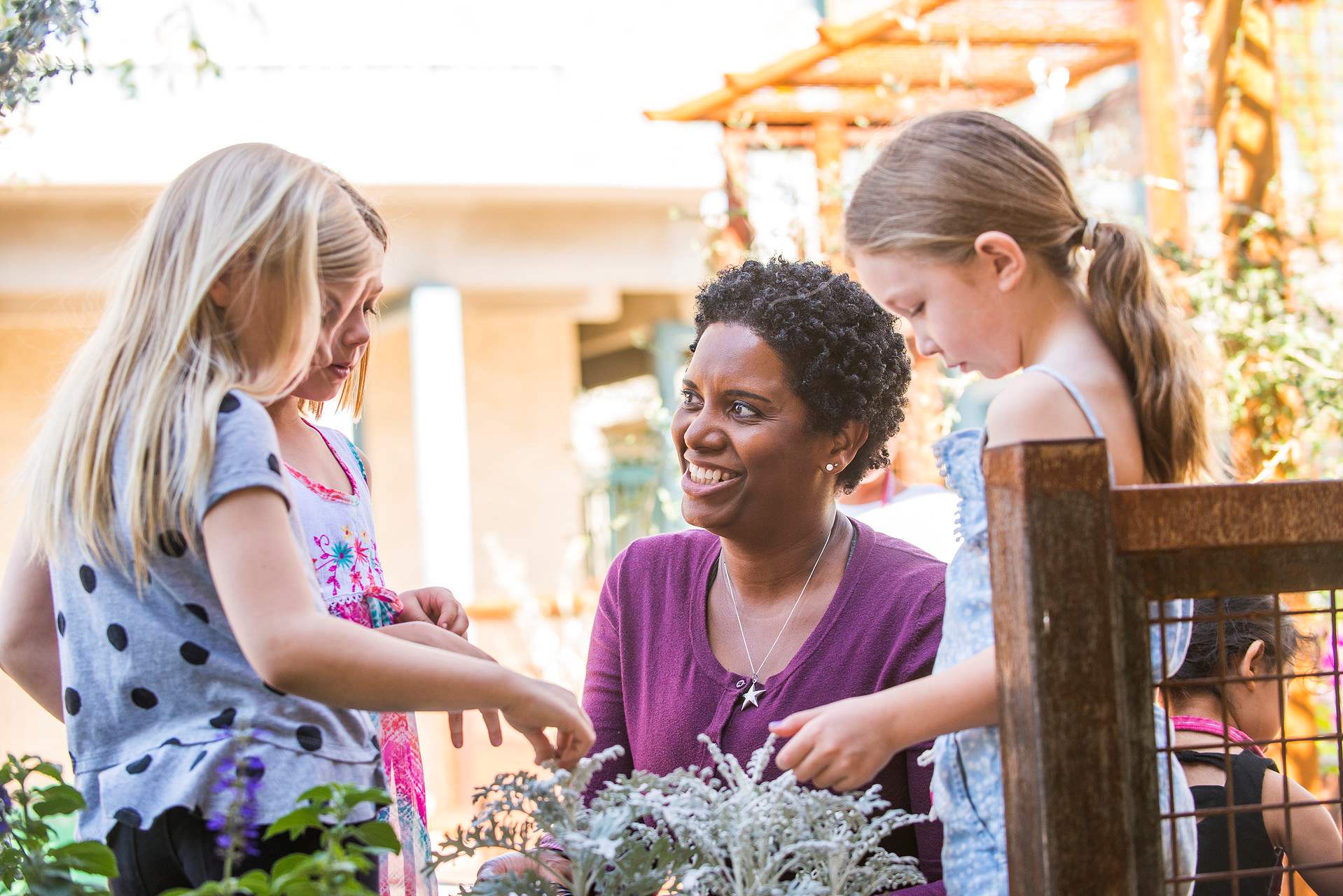InClass
We share your new go-to methods for successful teamwork. Group work.Just the thought makes me shudder. As a student, I hated group work — and I’m far from alone. To many learners, “group work” means one of two things: 1) you do all the work for everyone; share the credit or 2) you do none of the w
Mar 15, 2016
We share your new go-to methods for successful teamwork.
Group work.
Just the thought makes me shudder. As a student, I hated group work — and I’m far from alone. To many learners, “group work” means one of two things: 1) you do all the work for everyone; share the credit or 2) you do none of the work and rely on other worker bees; share the credit. You can see why this concept could be problematic on both ends of the spectrum.
The thing is, supporters of collaborative learning are right — our students need to learn how to operate in teams, both assigned and chosen. Cooperative learning projects help build time management, fine-tune organizational skills and refine content understanding through discussion. They put the students in positions to delegate responsibilities, pool knowledge and hold one another accountable. And don’t underestimate the social development that’s going on — kids working effectively together are sharing diverse perspectives, developing new ways to resolves differences, and establishing a shared identity with their teammates.
Pretty heavy stuff.
If you’re struggling with believing that two heads are indeed better than one, or if you’re feeling that more is not quite as merry (or engaging and productive) as it should be, here are some tools to cram up your sleeves.
Differentiate Group Work From Cooperative Learning
Teach the difference to your kids, too. Group work means you hand out a task and a deadline, and then watch as students depend on one or two unfortunate group lackeys complete the project — or a self-appointed leader takes over and rules tyrannically. And then everyone gets the same grade. Yuck. On the flip side, cooperative learning means that all students are held accountable through structured and divided academic tasks.
In true cooperative learning, students encourage and support one another, but each student is responsible for their own part. When designing a project for collaborating teams, teachers need to consider how to structure and include opportunities for students to verbalize and justify ideas, handle conflicts and build real-world professional skills needed to be an effective “team player.”
Redefine “Talking it Over With Your Team”
That tyrant that took over in the example above? Yep, he or she strikes again during discussions. When group dialogues aren’t structured, assertive students naturally dominate the conversation and eliminate opportunities for everyone to engage. Try switching it up with one of these strategies.
- Have teams number off and take turns responding by calling out numbers in random order. Give responders a set amount of time (like 30 seconds or a minute) to talk.
- Instruct larger teams of four to six to divide into pairs, discuss topics one-on-one, and then share with their whole team. It’s more likely that all students will get to express ideas this way.
- When your learners have mastered these basics, up your standards by teaching students explicitly how to build upon each other’s ideas in a live discussion. This blog does a great job demonstrating how to teach kids to have “real” discussions.
Use Your Seating Arrangements
Here are a couple of items to consider when assigning teams and arranging desks.
- If you’ve assigned each learner a job, label his or her assigned seat with a number or identifier that reminds him or her of the given role.
- When you look at placing who on what team, don’t default to placing your highest ability students with your struggling learners — it’s not fair for them to have to tutor. These students should be paired with others of similar ability and given the opportunity to interact with intellectual peers.
Teach Kids Social Skills
We’re teachers, so we’re not exactly surprised by any little cherubs’ lack of commonly practiced etiquette. Don’t take that knowledge for granted with any age level. Teach, model, and practice social skills like listening, eye contact, genuine complimenting, and constructive feedback. Here’s a free downloadable poster to remind kids of the basics from The Brown Bag Teacher.
Make Them Work
As kids get more comfortable with the cooperative learning dynamics, have them take ownership. Students can decide how to break into groups, create the group member roles, and assess their group’s collaboration skills and recommend improvements. Above all, students should be monitoring their own performance. Don’t leave out any chance for metacognition and reflection — students should be assessing themselves both socially and academically throughout the whole project.
Done right, teaming up students is an immensely powerful tool. Cooperative learning puts our students in the driver’s seat and makes them accountable for their learning. Kids have more opportunities for active participation, share and discuss content and ideas and build skills for internalizing learning. By designing, modeling, and instructing our learners to work together with high efficiency, we all win.
Heather Sparks is a writer, educator, and mom of two. An Arizona native, she holds a bachelor’s degree in secondary education and a master’s degree in gifted education from Arizona State University.






